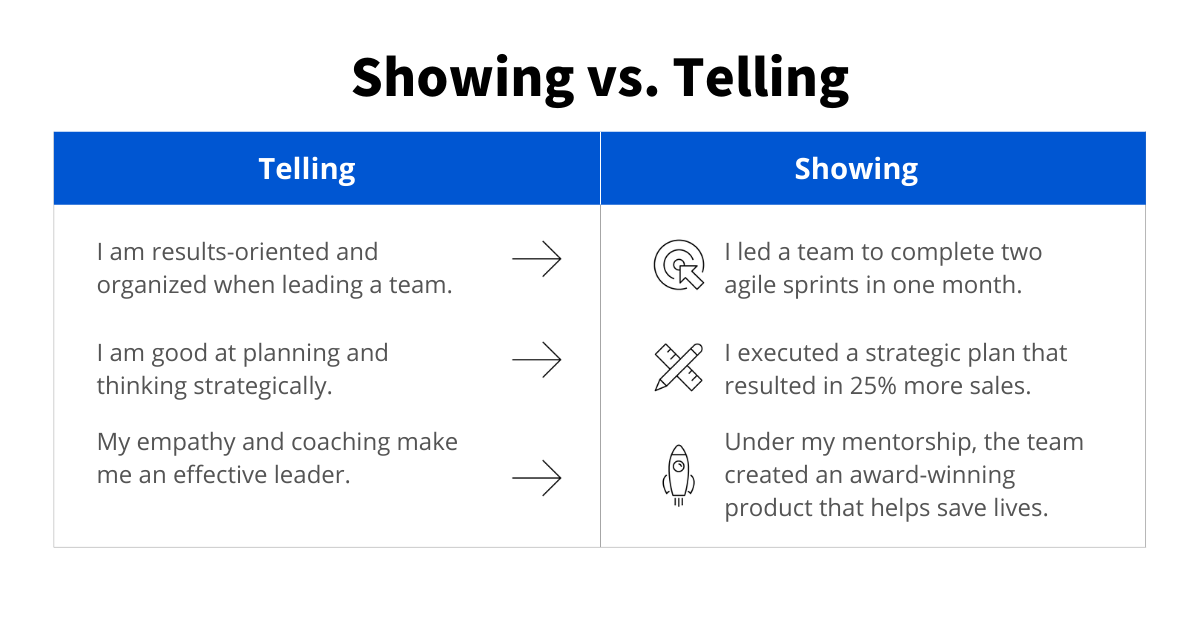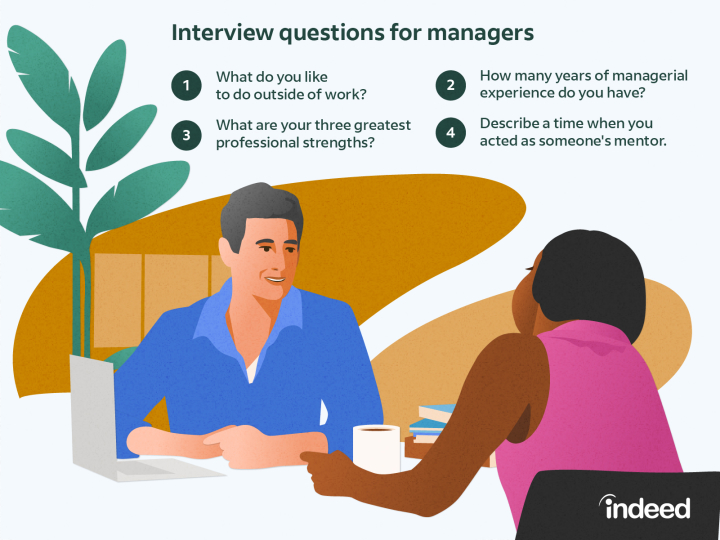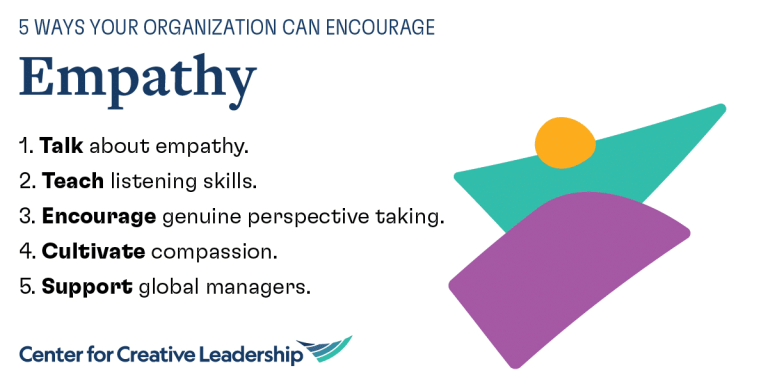How Do You Talk About Your Leadership Skills in Interviews?
In interviews, talk about your leadership skills by providing specific examples of how you have successfully led teams or projects, highlighting results achieved. By emphasizing your ability to motivate and inspire others, delegate tasks effectively, and make tough decisions when necessary, you can demonstrate your leadership abilities and potential for success in the role.
During job interviews, effectively discussing your leadership skills can significantly enhance your chances of standing out as a strong candidate. Employers value individuals who can take charge, guide teams towards success, and handle challenges with confidence. By effectively communicating your leadership abilities, you can showcase your potential to contribute to the organization’s growth.
We will explore effective strategies for discussing your leadership skills during interviews. We will provide practical tips and examples to help you articulate your experiences, achievements, and the impact you have made as a leader. Let us dive into the key points to effectively convey your leadership abilities during an interview.

Credit: resources.workable.com
Showcasing Leadership Skills
Highlight your leadership skills confidently during interviews by discussing specific experiences, challenges, and outcomes. Demonstrate your ability to lead teams, motivate others, and make strategic decisions, showcasing your impact and effectiveness in managing projects and achieving goals.
Demonstrate Through Past Experiences
When it comes to showcasing your leadership skills in an interview, simply stating that you possess these qualities is not enough. You need to provide tangible evidence of your leadership abilities by sharing examples from your past experiences. One effective way to do this is by narrating a specific situation in which you demonstrated leadership skills. For example, you can discuss how you successfully led a team through a challenging project, highlighting the strategies you used to motivate and guide your team members. By providing specific instances that showcase your leadership qualities, you are not only proving your capabilities but also making your interview responses more engaging and memorable.Highlight Achievements And Outcomes
In addition to narrating past experiences, it’s important to highlight the achievements and outcomes that resulted from your leadership efforts. Employers are not just interested in knowing that you have leadership skills; they want to see the tangible impact you have made. Use specific metrics or data to quantify your achievements when possible. For example, you could mention how you increased team productivity by a certain percentage or how you successfully implemented a new process that resulted in cost savings for the company. By showcasing the outcomes of your leadership, you are emphasizing your ability to deliver results and make a positive impact in an organization. Overall, it is vital to remember that actions speak louder than words when it comes to showcasing your leadership skills in an interview. Providing examples of past experiences where you demonstrated leadership qualities and highlighting the achievements and outcomes that resulted from your efforts will not only impress employers but also make your interview responses more memorable and impactful. So, make sure to prepare ahead of time by reflecting on your past experiences and identifying key instances that demonstrate your leadership abilities. Remember, success stories backed by tangible results are the key to showcasing your leadership skills effectively.
Credit: www.coursera.org
Effective Communication
When it comes to talking about your leadership skills in interviews, effective communication is key. Clear and concise communication allows you to convey your ideas, thoughts, and directions in a way that is easily understood by others. It is an essential skill for any leader as it fosters understanding, collaboration, and productivity within a team.
Clear And Concise Communication
Clear and concise communication is crucial in demonstrating your leadership abilities. By conveying your thoughts clearly and concisely, you showcase your ability to articulate ideas and instructions effectively. When speaking about your leadership skills, aim to align your message with the expectations and needs of the interviewer.
One way to ensure clear and concise communication is to break down complex information into easily digestible chunks. Use simple language and avoid jargon or technical terms that may confuse the interviewer. This approach allows you to present your ideas in a way that resonates with the listener and leaves a lasting impression.
Active Listening Skills
An often overlooked aspect of effective communication is active listening. Active listening involves paying full attention to the speaker, understanding their message, and providing appropriate responses. It demonstrates your ability to empathize, understand different perspectives, and foster meaningful connections with others.
To showcase your active listening skills, engage in the conversation by nodding, maintaining eye contact, and providing periodic affirmations such as “I see” or “That makes sense.” Additionally, avoid interrupting the interviewer and make sure to ask relevant questions to clarify or delve deeper into the topic at hand. By actively listening, you exhibit your desire to understand others and ensure efficient communication.
|
|
Remember, effective communication is not just about speaking but also about actively listening and adapting your communication style to suit the needs of the situation. It is a skill that can be honed through practice and continuous improvement. By showcasing your clear and concise communication abilities, along with your active listening skills, you can impress interviewers and demonstrate your leadership prowess.
Problem-solving Abilities
When it comes to showcasing your leadership skills in interviews, one aspect that stands out is your problem-solving abilities. Employers are keen to know how you approach and tackle challenges, make decisions, and find innovative solutions. Highlighting your problem-solving skills can greatly enhance your chances of leaving a lasting impression on the hiring manager.
Analytical Thinking And Decision-making
Analytical thinking and decision-making are critical components of problem-solving. Employers value candidates who can analyze complex situations and make thoughtful decisions based on available information. To effectively showcase your analytical thinking and decision-making skills during an interview:
- Provide specific examples of situations where you successfully analyzed a problem.
- Explain the steps you took to gather relevant information and evaluate potential solutions.
- Highlight the positive outcomes that resulted from your approach.
Demonstrating your ability to think critically and make informed decisions will leave a strong impression on the interviewer.
Adaptability And Flexibility
The ability to adapt and be flexible in challenging situations is another vital aspect of problem-solving. Employers seek candidates who can quickly adjust their strategies and find alternative solutions when faced with unexpected obstacles. Here’s how you can highlight adaptability and flexibility in an interview:
- Describe a situation where you had to adapt to changing circumstances or requirements.
- Explain how you adjusted your approach to overcome obstacles and achieve the desired outcome.
- Highlight any positive impact your adaptability had on the team or project.
By demonstrating your willingness to embrace change and your ability to navigate through uncertain situations, you can impress the interviewer with your problem-solving capabilities.
Collaboration And Teamwork
Collaboration and teamwork are essential qualities that employers look for in potential leaders. Being able to effectively work with others and foster positive relationships is crucial in any workplace environment. In an interview, it’s important to highlight your experiences and skills related to collaboration and teamwork. Let’s dive into some specific examples and strategies you can use to demonstrate your proficiency in this area.
Examples Of Working Well With Others
- Participated in a cross-functional team to successfully launch a new product, resulting in a 25% increase in sales within the first quarter.
- Collaborated with colleagues from different departments to streamline processes, reducing inefficiencies and saving the company over $50,000 annually.
- Organized team-building activities that improved communication and morale, resulting in a 20% decrease in employee turnover.
By providing tangible examples of your ability to work well with others, you can demonstrate your practical experience in collaboration and teamwork. These examples also showcase your leadership skills in being able to bring people together and motivate them towards a common goal.
Conflict Resolution And Mediation
Conflict is inevitable in any team or workplace. Employers are interested in how you handle these situations and ensure positive outcomes. Here are a few strategies you can discuss during an interview:
- Active listening: By actively listening to all parties involved, you can gain a better understanding of their perspectives and find common ground.
- Empathy: Showing empathy towards others’ viewpoints can help diffuse tension and create an environment where compromise is possible.
- Mediation: Skilled in mediation techniques, you can effectively facilitate discussions and guide individuals towards finding mutually beneficial solutions.
Highlighting your ability to resolve conflicts and mediate difficult situations demonstrates your leadership qualities in creating a harmonious and productive work environment.

Credit: www.simplilearn.com
Frequently Asked Questions Of How Do You Talk About Your Leadership Skills In Interviews?
How Can I Effectively Communicate My Leadership Skills In Interviews?
Highlight specific achievements that demonstrate your leadership abilities and use concise, action-oriented language to describe your experience.
What Are Some Examples Of Leadership Skills That Are Valued By Employers?
Employers value skills such as communication, decision-making, problem-solving, adaptability, and the ability to motivate and inspire others.
How Can I Provide Evidence Of My Leadership Skills During An Interview?
Provide concrete examples of times when you demonstrated leadership, describe the challenges you faced, the actions you took, and the positive outcomes that resulted.
Conclusion
To effectively showcase your leadership skills in interviews, it’s crucial to adopt a strategic approach. Emphasize concrete examples of your experience, highlighting specific achievements that demonstrate your ability to lead and motivate teams. Additionally, effectively communicate your leadership style and the impact it has had on your previous roles.
Remember, it’s important to be authentic and genuine in your responses, showcasing your unique attributes as a leader. By following these guidelines, you’ll be well-equipped to confidently navigate leadership discussions in job interviews.


